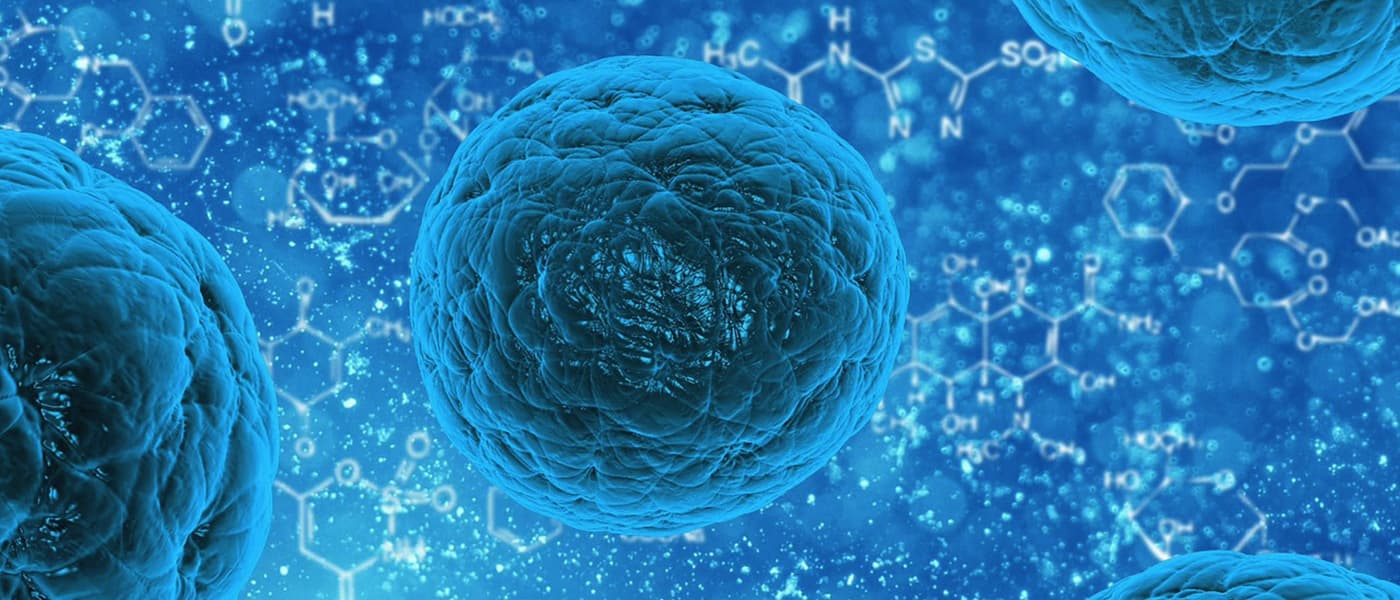The Tale of Two Stem Cells
Embryo-based research has advanced rapidly over the past few years. While scientists have developed progressive opinions regarding the ethics of gene editing and chimera embryos—the research continues to carry a large stigma due to the ethical limit on embryos. We might now be able to avoid ethical dilemmas entirely thanks to the innovation of the synthetic self-developing embryo.
A study published in the journal Science features the external development of a mouse embryo. With the use of embryonic stem cells, developmental biologist Magdalena Zernicka-Goetz and her team at the University of Cambridge were able to replicate a living mouse embryo.
By combining genetically modified mouse embryonic stem cells (ESCs) and extra-embryonic trophoblast stem cells (TSCs) in a 3D gel scaffold, Zernicka-Goetz's team was able to drive the development of a synthetic embryo very similar to that of natural embryos. The synthetic embryo mirrored a natural embryo – not only did it form anatomically correct regions, but it also formed them at the right time. This means that the stem cells utilized are able to "talk" to one another to guide the specific steps of development.
The synthetic embryo cannot develop into a healthy fetus—largely due to the fact that a third stem cell would be required to develop a yolk sac, the part of the embryo that provides nourishment. The current conditions that allow the synthetic embryo to develop are not optimal for placenta development either, closing the door entirely on a synthetic fetus. The rest of methods can be duplicated for others to emulate, however.
Many research teams in the past have tried to develop the embryo in synthetic form with limited success. Zernicka-Goetz's team introduced a 3D extracellular matrix into the equation, which made it possible for the stem cells to operate and form the synthetic embryo. The team's discovery is a promising sign for the future of embryo research.
The Science of Tomorrow
Development in the early stages of the embryo is important to pregnancies, with more than two-thirds of miscarriages, linked to genetic glitches during fertilization. With the advent of the synthetic embryo, Zernicka-Goetz noted to The Guardian that researchers can conduct studies "on key stages of the human development without actually having to work on embryos."
Currently, researchers are shackled by a shortage of human embryos to study, as scientists depend on donated eggs from IVF clinics. Embryonic stem cells, on the other hand, are in limitless supply and avoid the ethical dilemma posed by donated or discarded embryos.
The team's next step is to successfully synthesize a human embryo analog – they are convinced that its inception will push us forward in studying our earliest stages of development.
Share This Article
